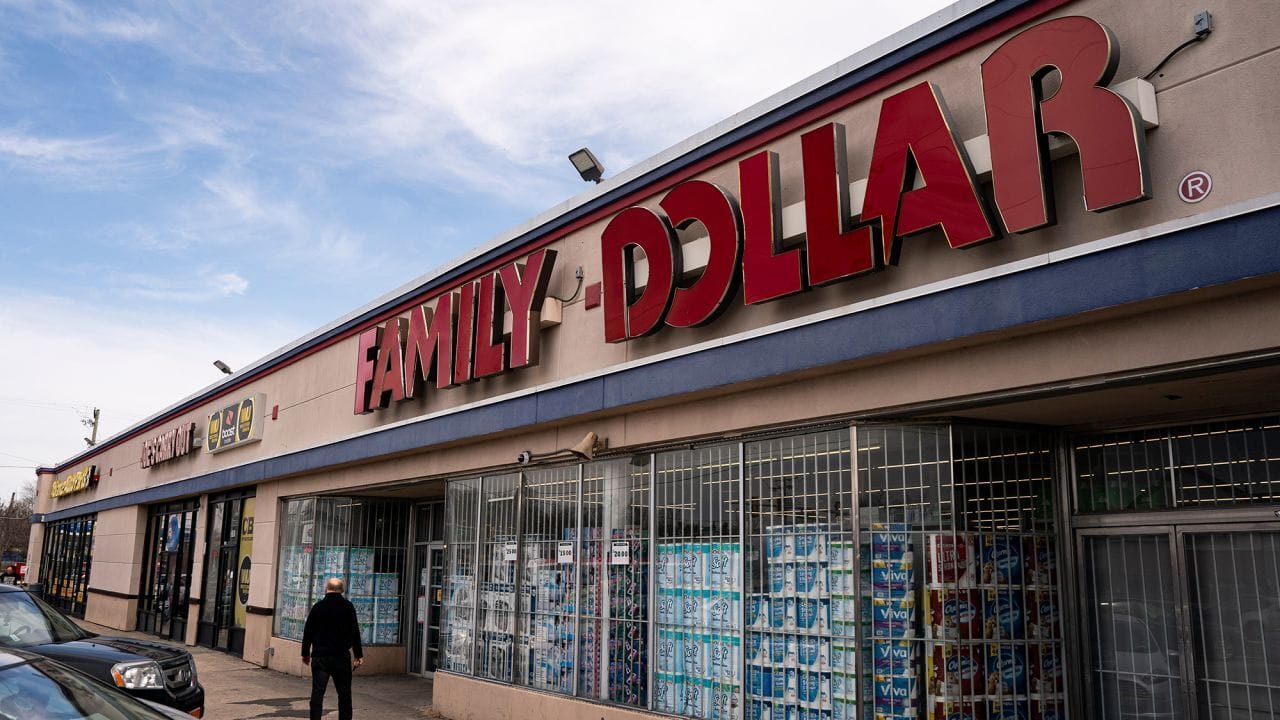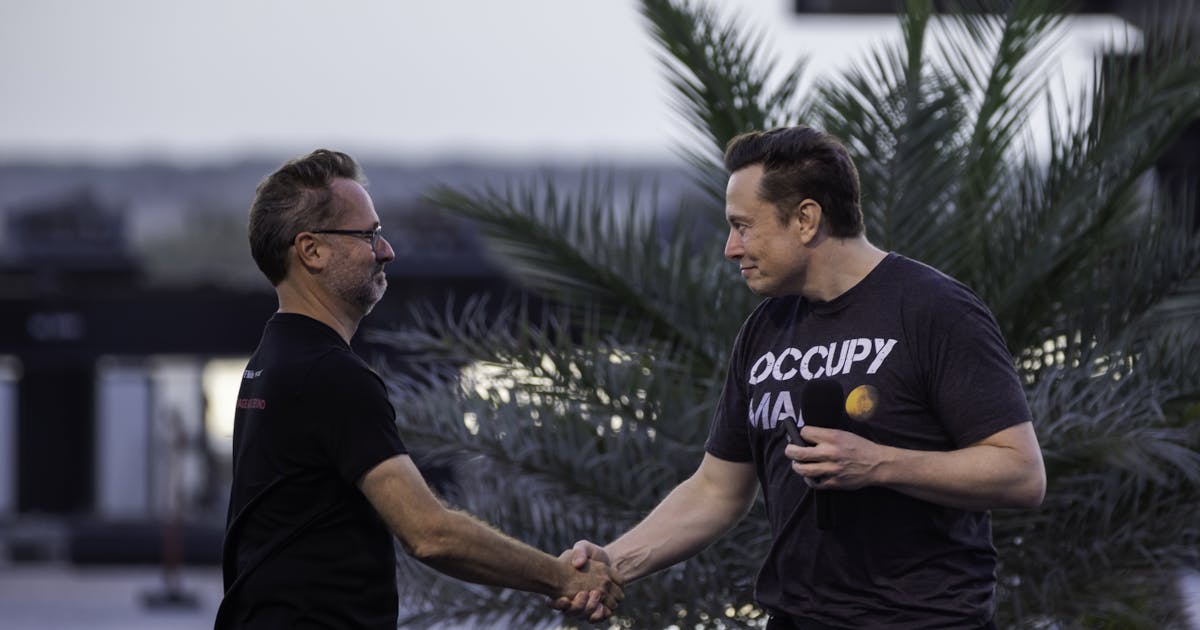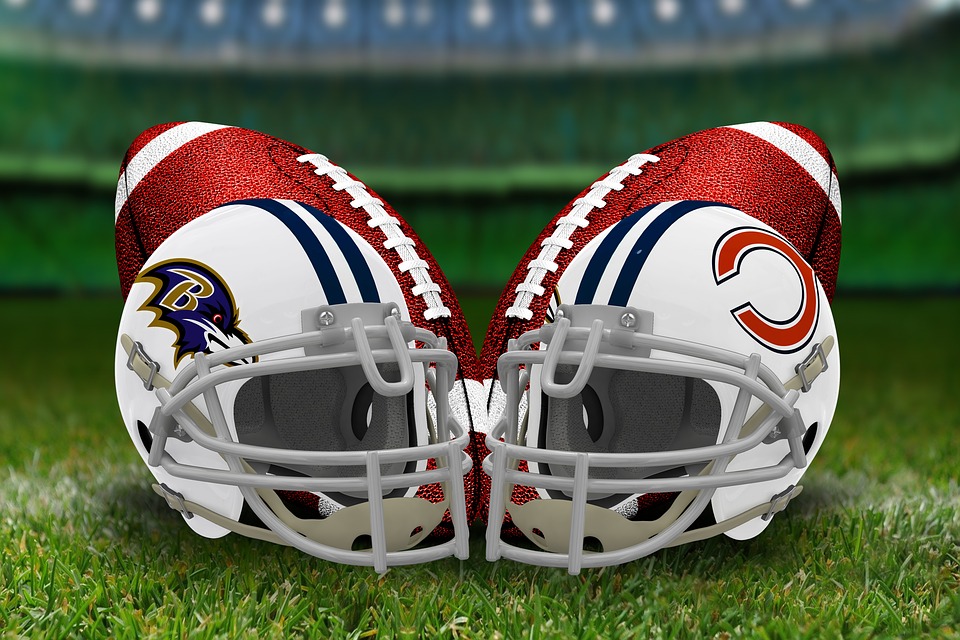I was listening to a podcast the other day and the speaker mentioned how competition has been a defining feature of humans. Of course that got me to thinking on the validity of that statement.
It may be true.
Perhaps competition is an innate feature of feeling alive. Some internal mechanism that needs external stimuli. War is a form of competition. Progress is a form of competition. Greed itself is a form of competition. While competition can lead to positive outcomes such as technological innovation and economic growth, unchecked greed can result in significant negative consequences, such as Enron and pollution. If competition is indeed the natural state of things, then how can we get to a steady situation that provides more “peaceful” outcomes?
Tribal identity is an incredibly strong factor in competition. For example, if you’re an American citizen somewhere else in the World and you were asked where you’re from, you’d say the United States or America. We identify as Americans, but it goes even further. It could be as a Kentuckian, or Jersey Shore, or Proud Boy. We’ve heard of Swifties, Deadheads, nerds, geeks, Christians, cops, boomers, Musketeers, Trumpers, Libtards, and so on. It can include the university you went to, the high school you attended, or the troop or sorority.
Oftentimes, these identities compete, and when one group is doing well while another is not, it gets explained through faith, purpose, or values. It becomes a way of viewing other people as lost, losers, or unworthy.
While our decision-making certainly factors into our economic success, I think there is much more explanation via the comfort of identifying with various groups, whether religion, fraternal, color, nation, fashion, wealth, and so on. Strength and safety in numbers is an old saying for working to get things done, but it can also end up as an excuse for turning a blind eye to the wrong thing.
While each group has something they hold in common, I would caution you to be aware of what you might be giving up. Group identity comes with titles and a source of pride, but pride can be a terrible thing if it is used to go along for personal comfort and ends up dividing the universal human.
We could do a lot better with simply identifying ourselves as humans.
NO BS QUICK HITS
Evidence keeps piling up on the benefit of reading. This study showed a statistically significant bump in empathy for readers of fiction. Books make great gifts for your kids and others.
Earth and all of its life, including these venomous toads, is a reminder of the great mysteries we need to accept. Most problems flow from the comfort of hubris or ignorance.
When I was a planning commissioner, a Dollar General store came up as part of a rezoning. Some of us questioned whether the store was needed or considered an upgrade over the vacant parcel that was there. This may have seemed like the wrong thing to ask, but one should follow the money when it comes to neighborhoods.
A vacant parcel may have very little value in the way of offering taxes. A Dollar General store would offer property tax and a few local jobs. That’s an upgrade EXCEPT that such stores are questionable on the overall value to the community. In other words, it might hurt other local stores in the community, the adjacent property value may go down, and it foregoes any ability to get a better more community-oriented development in the same location.
The developer’s representative accused some of us of being out of touch and that all kinds of people shop at these stores. Part of that may be true, but I cannot think of any instance where the proponents for the Dollar General wanted to live next door to one. Fast forward a decade and many of these stores are going under.
Here’s my main point. Most local planning is controlled by land use laws and elected officials. Until the process is more community-oriented, we get the communities the market and money provide, not necessarily the kind of community that residents want. It’s a big reason people move further out and sprawl into areas controlled by one type of zoning. It’s also why virgin land gets gobbled up in a race between conservation and developers. If we were to change our approach and view cities as living and breathing (better yet, from the perspective of kids), we would emphasize underutilized locations and plan for the long haul, not short-term profits.
Earlier this year I finished reading Economics in America by Angus Deaton. It’s an engaging and accessible read by an economist and he writes in a manner understandable to the bill payer in all of us. He covers issues such as fairness and inequality that I’ve mentioned frequently in this newsletter. He is an immigrant, so he comes from a European model of economics and the role of government, and he has questioned many of the American decisions that have given us the opioid epidemic, mass poverty, and a dysfunctional yet expensive healthcare system. He spends time on the history of two different thoughts of government when it comes to economists and he does a service to economists who toiled in obscurity when their work was of significant benefit to the greater good. There are so many substantial statements in the book that it is hard to pick just one, but I want to quote this from page 97:
Not everything should be traded. The profession (economics) bought too far into the idea that money is everything and that everything can be measured in money. Philosophers have never accepted that money is the sole measure of good, or that only individuals matter and society does not, and economists have spent too little time reading and listening to them.
A special note. I wrote Professor Deaton a few months back on how much I enjoyed his book, and was pleasantly surprised when he wrote back! That’s a level of authenticity and grace to be cherished (and now I can add Nobel prize winner to the list of people I’ve had contact with). 😉
I think most of you would agree that we want a free and open market that works, we want people to be able to make a living, even a good one, and for everyone to pay their fair share of taxes. If I’ve missed anything, let me know.
Economic inequality is the issue of our time, causing people to use their temper and emotions to make decisions more than their brains and good sense. Patterns in America will not change until this exorbitant CEO-level compensation without paying taxes gets addressed.
Now, here’s something I want you to understand:
Most companies and CEOs paying minimal taxes say they follow the law. That’s one problem. What makes this worse is that under the law, these same companies are also allowed to pour unlimited funds into elections. In essence, they don’t pay taxes like most of us do and they can put that money into candidates that continue to back such corporate welfare policies.
Fair and just?
Remember that your buying decisions are a powerful tool, and your vote is powerful to return more money to the public trust, just as it used to do. Fairness, equality, and justice for all.
The last sentence of this article is really the statement of our times and what you need to remember. As Uber and Lyft threatened to halt operations, labor law professor Veena Dubal reminded readers,
“It is possible to have both consumer convenience and good wages."
When it comes to how your fellow citizen is treated, don’t settle. Expect better.
Look at this lovely lady. “Punished for Leading” is probably one of the best titles of a piece that I’ve seen. Greed is not only about money. It is taking of other people’s time, their character, and their positions. It can also be punishing you for questioning the status quo, advocating for your staff, or promoting diversity.
If you’ve been through something like this before, you know how easy it is to concoct a process to get to the result you’re looking for. There is a big difference in leaders that makes such outcomes possible. Some are the caretaker types, who are there to manage things as they are and keep things oiled and running. Other types of leaders are there to lead, to see things as they are and how they could be better.
One can learn to lead and sometimes the position will bring the leadership out of the person. But the most important part of leadership is the structure around them. If it is stagnant or entrenched, one voice is typically not enough. In this story, you’ll read of how the community rallied around Ms. Cooper with some success, until the forces of evil and indifference won out.
Another moral of the story: it is the journey, not the destination. Ms. Cooper is remembered for her journey and what she accomplished in the journey, though she may not have ended her destination where she had planned.
“Capitalism without competition isn’t capitalism,” (Biden) said, “it’s exploitation.”
Why do I like this piece? Because it is a reminder that bipartisanship works. There is a stretch of the narrative here to benefit certain ideologies, but the facts are still the same. Individuals are working across aisles to get things done. This is a great public service focused on fairness and economic inequality. I don’t care what letter you wear. Bipartisanship is at the core of American democracy and we need much more of it. It is never us vs. them in America, though there have always been those who want it that way.
Here’s the truth about life in America.
Rarely will you be called to do something extraordinary. Unless you are in the military, no one expects you to stick your neck out.
To do something like this story and contribute to another person, to go against the grain of the norm, there must be some kind of seed of goodness percolating inside. You will either inherently get it, maybe from good parenting, maybe from something unseen, or such acts of giving will be pulled out of you by some series of unfortunate events.
If an occasion arises, when you are in that place to make a difference, even a small one, don’t miss your opportunity. It may never come again. It’s the golden rule, and it keeps greed at bay.
And Now….
Hope to see you next time. Keep reading, practice your gratefulness, even unseen and unheard, and remember: Be a good human.







